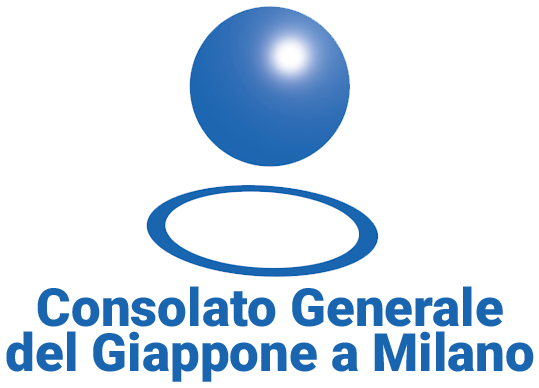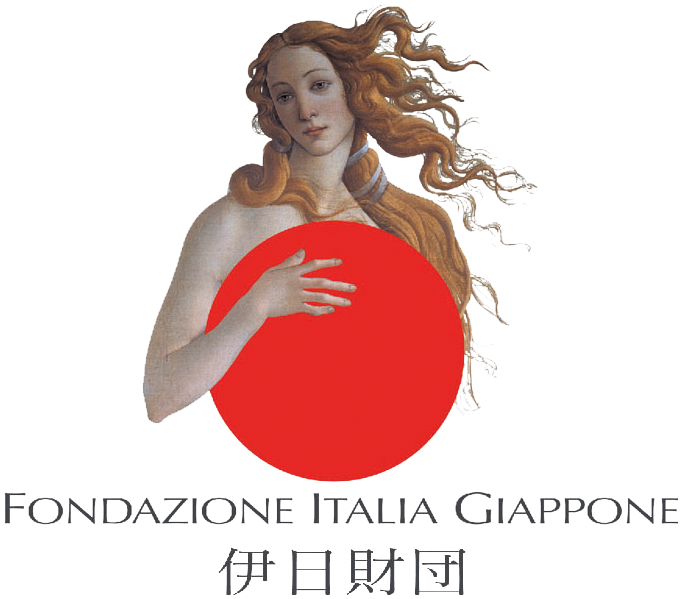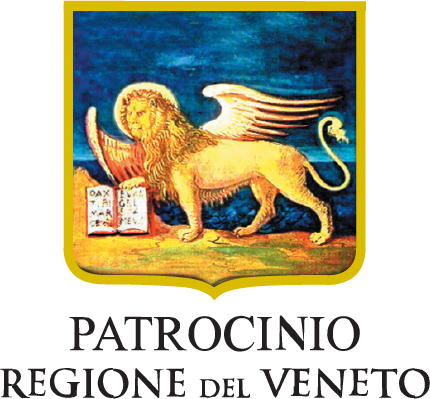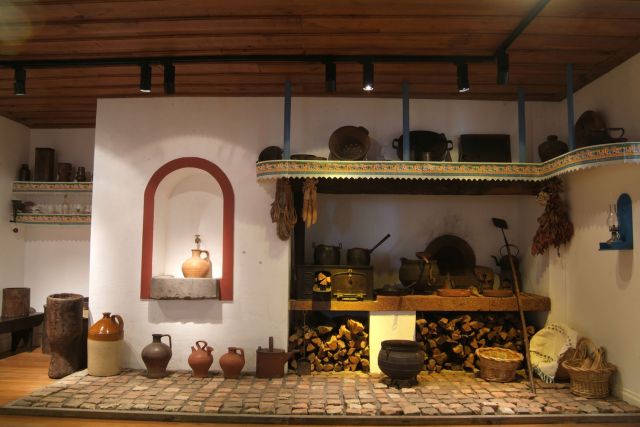
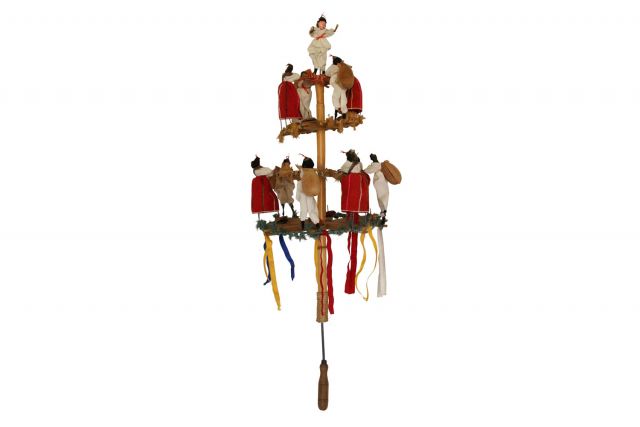
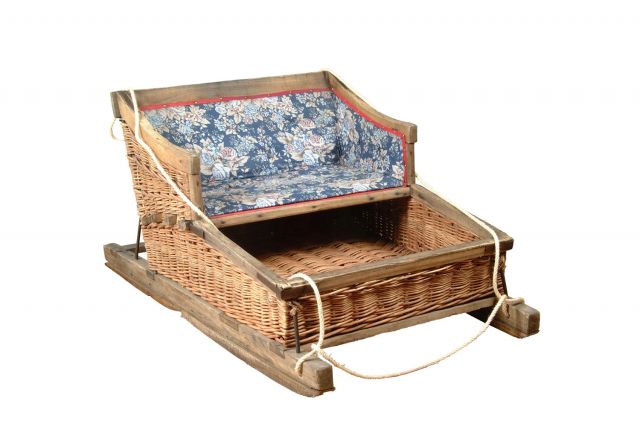
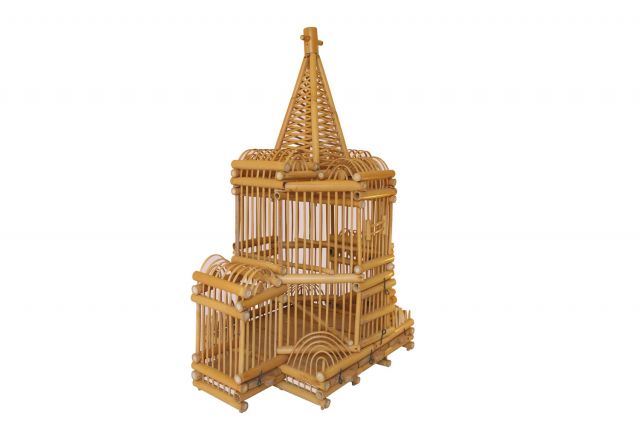
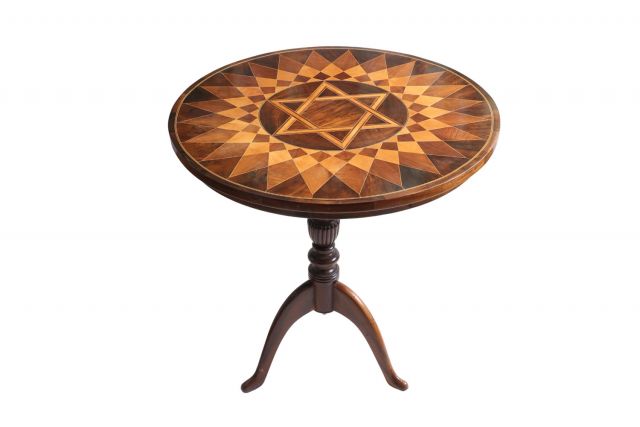
Museu Etnográfico da Madeira
- Ribeira Brava, Portugal
- Museum
Tuesday to Friday 09:30 - 17:00, Saturday 10:00 - 12:30/13:30 - 17:30
+351 291952598
The ethnographic Museum of Madeira is intended to be a dynamic museum, with permanent pedagogical and cultural animation, at the service of the community. Several activities are made available to the public through the museum's Educational Services, namely craft workshops, plastic arts workshops, theatre and music shows, games, educational visits, guided tours of the collections and visits to the museum's educational garden. Inaugurated in 1996, by the Regional Government of Madeira, the museum occupies two buildings, one a manor house turned industrial unit from the 17th century.
The collection includes objects related to the different social, economic and cultural aspects of the Madeira archipelago, unique in Europe in part due to the sugar cane agro-industrial activity. The main nuclei of the museum's collection are productive activities, transforming activities, agricultural implements, textile technology, traditional commerce, household equipment, transport, cyclical festivities, musical instruments, ceramic technology, leisure activities, and arts and crafts. Traditional weaving is always represented by a weaver, weaving in linen, wool and scraps. Temporary exhibitions and workshops include the involvement of artisans working in various raw materials, namely vegetable fibres.







